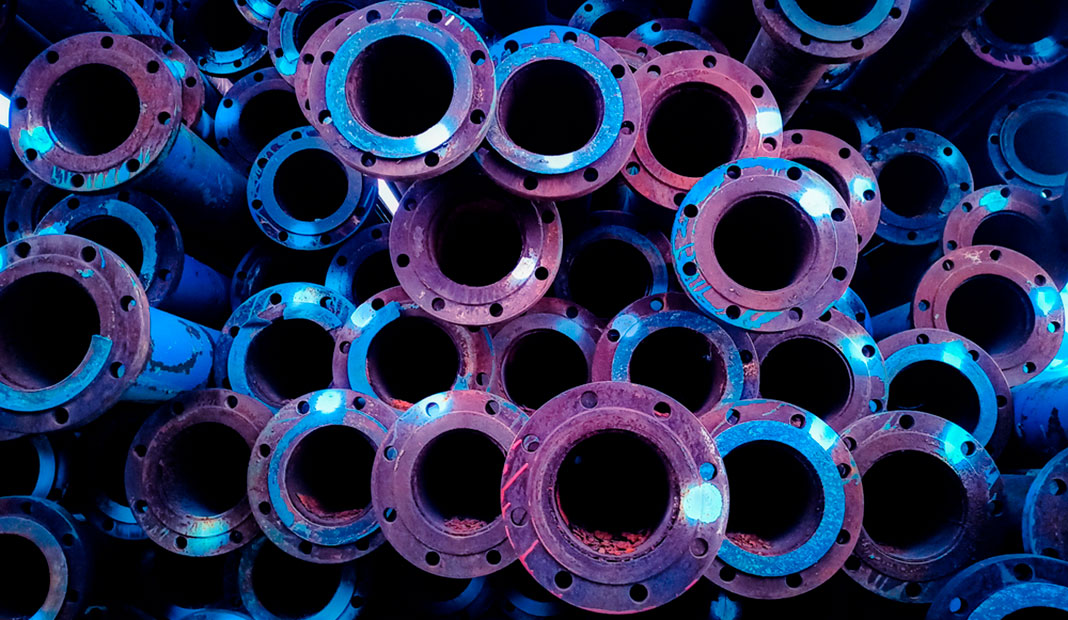In the Andean land grows a powerful tuber that seems to bring great benefits to the health of those who consume it. It is the mashua, a food very similar physically to the potato or the Andean chuño that is increasingly named in congresses and scientific studies due to its anticancer properties.
There are more than 100 types of mashua (Tropaeolum tuberosum), which are easily distinguished by their color, which can be yellow, brown, orange…, but the one we are going to focus on in this article is the black mashua variety, which It is the one for which there is the greatest scientific evidence and the one that has starred in the most studies.
Mashua, also called mashwa, añu, cubio, majua or bitter potato, grows mainly in countries such as Peru and Bolivia, although it is also found on a smaller scale in Ecuador and Colombia. Its shape is conical and it can measure between 7 cm and 30 cm and bears an enormous resemblance to the oca, another tuber from the area. Those who have tried it say that its flavor is milder than that of potatoes and that it has a floral and slightly spicy aftertaste that disappears after cooking.
A study at the University of Granada found that mashua eliminated up to 50% of anticancer cells in cell cultures
The stems of this plant are cylindrical, grow straight, and have compact foliage with thin, glossy dark green leaves. Its cultivation is very simple, as it has the ability to grow in soils that are even poor in nutrients, resists frost, and does not require the use of fertilizers or pesticides, since it is capable of repelling insects by itself. This is one of its qualities for which many farmers decide to grow mashua around other crops such as potatoes.
Nutritional composition of mashua
As explained on the Peru website, mashua is a tuber that is worth gold, since it provides between 9,000 and 10,000 units of antioxidants, which help keep cells young. Its main compound is water –as it happens with many tubers–, it has approximately 20% carbohydrates and 15% proteins. But it is also rich in essential amino acids, vitamin C and B, as well as calcium, fiber, iron and a high content of starch and anthocyanins, a type of flavonoid.
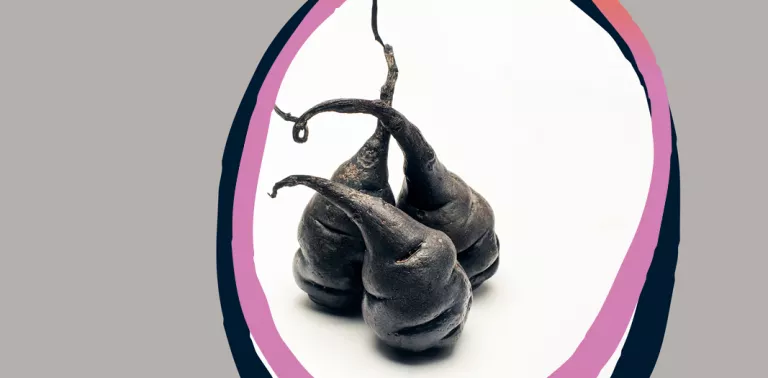
Specifically, and according to a study by the Food and Agriculture Organization of the United Nations (FAO), every 100 grams of fresh mashua contains:
Benefits of black mashua for health
The main benefit for which black mashua is known throughout the world is its anti-cancer effects. Recently, a study from the University of Granada (UGR) has discovered that mashua can eliminate up to 50% of anticancer cells in cell cultures and, in addition, together with moringa and cherimoya, it could increase the effectiveness of 5 -fluorouracil, a drug widely used to treat colorectal cancer.
Another previous study carried out by researchers from the Autonomous University of Madrid (UAM) and published in the journal Phytochemistry, showed that molecules isolated from Tropaeolum tuberosum collected in the province of Ingavi, in the department of La Paz (Bolivia), had anticancer activity on lung, kidney, bladder and prostate tumor cell lines, so it could be used to develop new therapies to combat cancer.
Anti-inflammatory, antibacterial, antioxidant, antiviral, neuroprotective, benign prostatic hyperplasia inhibitory and cell regenerating properties have also been attributed to it, as in the study published in the Journal of Ethnopharmacology. Agricultural engineer Tomas Manuel Flores explains in a document that mashua has the following benefits:
-
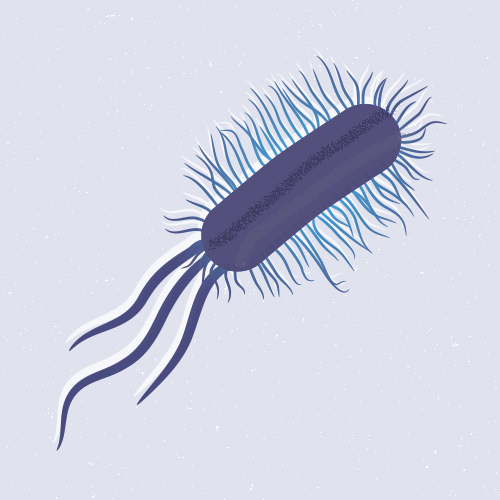
Antibiotic
It is effective against Escherichia coli, Candida albicans and Staphylococcus bacteria, making it beneficial against genitourinary ailments.
-

testosterone reducer
This property meant that in pre-Inca cultures they forced army warriors to consume them in large quantities; thus they ensured that their sexuality would be inhibited. This anecdote aside, lowering testosterone levels can protect against prostate conditions. A study that corroborates this has been published by the Universidad Peruana Cayetano Heredia (Peru).
-
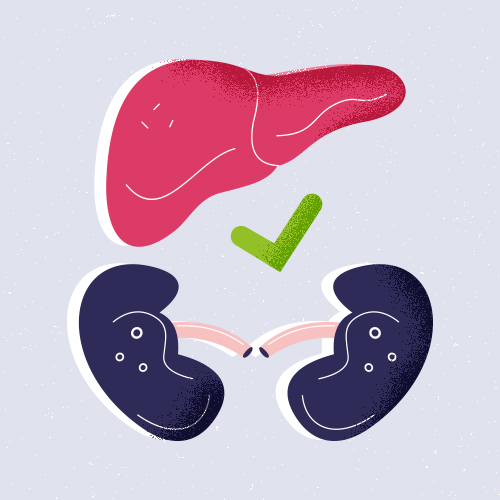
Beneficial for the liver and kidneys
According to the engineer, this tuber can be consumed as a natural alternative to cure kidney stones.
-
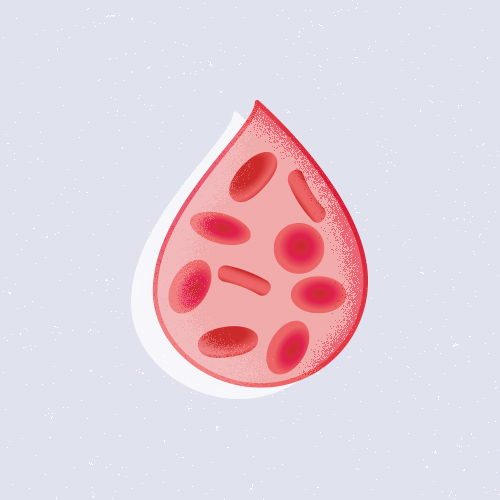
Effective against anemia
In ancient Peru they used it to treat the lack of iron in the body.
-

allergy remedy
Mashua inhibits the release of histamine, inflammatory enzymes and leukotrienes, which is why it helps with allergies and asthma.
-

skin renewer
Eating this tuber regularly can promote the production of collagen which, together with the vitamin C it contains, can help in the skin regeneration process, slowing down skin aging.
-

Eliminates and repels lice
Tomas Manuel indicates that the aroma and flavor of pepper kills and repels lice. “You can make a simple powder of dried mashua root to apply to your hair, or boil mashua root to make an extract that you then use to wash your hair.”
-

Against fluid retention
As long as it is not for a medical reason, mashua can help prevent fluid retention thanks to its levels of anthocyanins, which strengthen and repair the permeable capillaries that filter fluids.
-
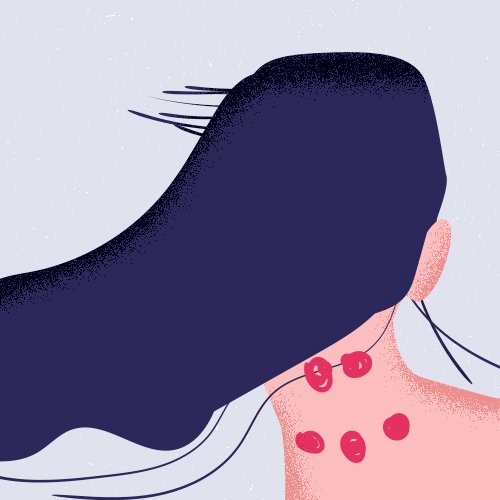
Alleviate the pain
“Anthocyanins inhibit inflammatory metabolism, which is why it is recommended for sports injuries, cyclical pain in the breasts and inflammation and pain associated with fibromyalgia,” explains the agricultural engineer.
-

Good against cardiovascular problems
Its high levels of antioxidants and vitamins C and E help protect the heart against cardiovascular disease.
However, there are also many other uses that are given to mashua on a daily basis in the countries where it is grown, as a promoter of menstruation, improvement of hair quality, as a treatment against ulcers, to avoid cholesterol high, as a source of energy… However, there are still very few scientific studies carried out in this regard, so this must be taken into account before embarking on taking mashua as a remedy for everything.
How to take mashua and how much does it cost?
There are many ways to take mashua, Peru’s website clarifies that it can be prepared cooked, in stews, fried, in desserts, or in drinks. It is very easy to prepare and very common in the gastronomy of this Andean country. It is also often found in powder form, which is added to drinks, yogurt or sauces, or in capsules for use as a supplement.
Mashua has 20% carbohydrates, 15% protein, and is rich in essential amino acids, vitamin C and B, calcium, fiber, iron and anthocyanins.
As for the price of mashua, in the areas where it is grown it is cheap, according to what we have been able to snoop on the page of the Ministry of Agrarian Development and Irrigation of Peru, the black mashua could cost about 3 soles per kilo, which would be the equivalent to about 0.77 euros per kilo, although at fairs it can reach 150 soles (about 38 euros per kilo).
However, importing this fruit in optimal conditions and its exotic character could greatly increase its price in other parts of the world. According to what they tell us from Frutas Eloy, this tuber is also grown in the North of Spain, and its price is around 14.78 euros per kilo, although the price can vary depending on many factors. Supplements in powder or pill form are usually around 10 euros for 100 capsules or 200 grams.
Mashua contraindications
It is important that the consumption of mashua is moderate and that in case of illness it is supervised by a doctor. In people with hypothyroidism, goiter, children, pregnant and lactating women, the intake of this tuber is not recommended.
On the other hand, there is no official data that indicates the amounts to take of mashua, but it is known that abusing it can increase dehydration and damage the nervous system. Therefore, consuming mashua three or four times a month could be enough to obtain its benefits and avoid the risks.
.

